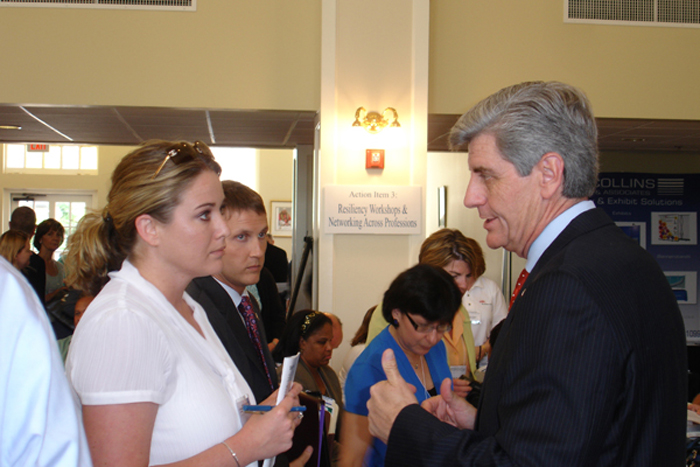
Mississippi RFRA update
On April 3, 2014, Governor Phil Bryant signed into law the Mississippi Religious Freedom Restoration Act (RFRA), just a month or so after a social-media firestorm and great pressure by businesses helped to persuade Arizona’s governor to veto the RFRA bill her legislature had passed. Opponents did not manage to rouse the same wide-ranging protests in Mississippi, but critics did succeed in getting the original bill changed so that it now mirrors the language of the federal Religious Freedom Restoration Act–language which itself has come under attack by LGBT rights proponents.
In a very troubling development, the earlier version of the bill was sharply criticized by a group of law professors whose objections were couched in terms of an attack on the conception of the federal RFRA law. The Mississippi bill should be rejected, they said, because it might undermine LGBT rights (which are not currently acknowledged in the state, anyway). The letter notes that when the federal RFRA was adopted two decades ago, the broad coalition that supported it agreed not to speculate about possible outcomes but just agreed to safeguard religious freedom “quite widely and generously.” But the “civil rights community” since then has become overwhelmingly concerned that when religious freedom is protected, LGBT rights might have to be limited–and that outcome is unacceptable.
The scholars’ letter even says this: If Mississippi adopts the RFRA bill, and “a person raises a RFRA defense to a charge under state or local anti-discrimination law . . ., that person would likely include as part of his defense that other, non-objecting persons provide the same or similar goods and services. Such a person would assert that the existence of alternative providers renders application of the law not ‘essential’ as to him. Whatever the outcome of such a case, we hope you see that the existence of market options should never be enough to make up for the indignity and lost opportunity inflicted by discrimination.”
In other words, the presumed right of the LGBT person to be served or employed wherever he or she desires must necessarily trump the religious freedom of the nonprofit or business that desires to maintain faith-based standards, no matter that nonprofits and businesses with other standards are readily available.
This isn’t respect for religious freedom but rather a plea that religious freedom be sharply curtailed.
